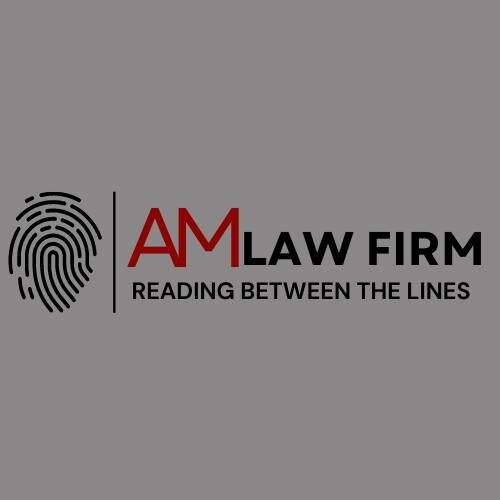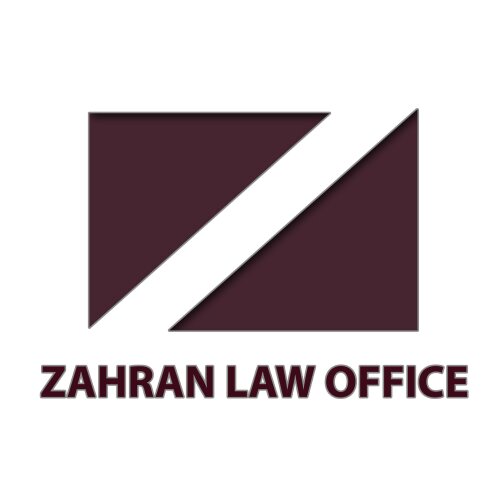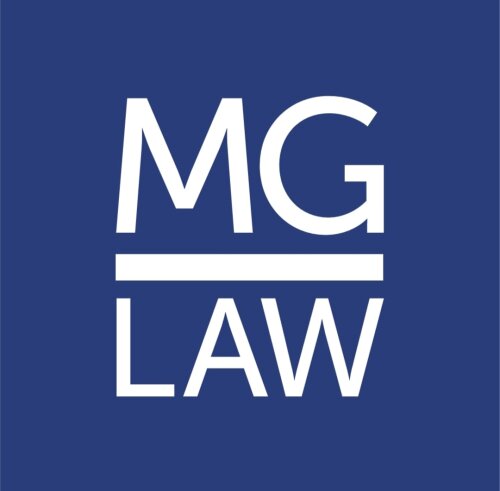Best General Litigation Lawyers in Egypt
Share your needs with us, get contacted by law firms.
Free. Takes 2 min.
Or refine your search by selecting a city:
List of the best lawyers in Egypt
About Litigation Law in Egypt
Litigation in Egypt refers to the process of taking legal action in courts to enforce a particular right or resolve a dispute. The Egyptian legal system is influenced by a combination of civil law, Islamic law, and Napoleonic codes, making it unique in its operations. The judiciary in Egypt comprises several courts, including summary, primary, and appellate courts, each handling different types of cases. Understanding the local litigation framework is crucial for navigating legal disputes effectively within the country.
Why You May Need a Lawyer
There are several situations where individuals may require legal help with litigation in Egypt. Some common scenarios include:
- Disputes over property ownership or real estate transactions
- Contract disputes, including breach of contract claims
- Personal injury claims or negligence cases
- Family law issues such as divorce or child custody disagreements
- Employment disputes over termination or workplace rights
- Business-related disputes, including shareholder conflicts or corporate governance issues
Engaging an experienced litigation lawyer can offer significant advantages, including ensuring compliance with local procedures and maximizing the chances of a favorable outcome.
Local Laws Overview
Key aspects of litigation laws in Egypt include:
- The Egyptian Civil Code governs civil and commercial disputes, providing the foundational framework for most litigation cases.
- The Egyptian Code of Civil and Commercial Procedures outlines the procedural rules for litigation, detailing how cases are filed, processed, and adjudicated.
- The legal principle of "Nolens Volens" (whether they like it or not) emphasizes the enforceability of court judgments, ensuring that court decisions are respected and executed.
- Egypt’s legal framework allows for alternative dispute resolution mechanisms like arbitration, which is often encouraged to reduce the burden on courts.
- There are specific courts for different types of cases, ensuring specialized handling of various legal issues.
Frequently Asked Questions
What is the first step in filing a lawsuit in Egypt?
Filing a lawsuit in Egypt typically begins with submitting a statement of claim to the appropriate court, laying out the facts of the case, legal grounds, and desired remedies.
How long does the litigation process usually take in Egypt?
The duration varies greatly depending on the complexity of the case and court workload, but cases can often take months to several years to reach a resolution.
Can I represent myself, or do I need a lawyer?
While it is legally possible to represent yourself, hiring a lawyer is highly recommended due to the complexity of legal procedures and potential for better outcomes.
How can I find a qualified litigation lawyer in Egypt?
Consider referrals from friends or family, or consult the Egyptian Bar Association. It’s important to verify a lawyer’s experience and expertise in relevant cases before hiring.
What are court fees in Egyptian litigation cases?
Court fees vary depending on the type and value of the claim, and they are generally a percentage of the claim’s worth. Additional costs may include lawyer fees and other court-related expenses.
Can court decisions in Egypt be appealed?
Yes, most court decisions can be appealed, typically within 40 days for civil cases, if either party is dissatisfied with the outcome.
What options exist besides litigation to resolve disputes in Egypt?
Alternative dispute resolution mechanisms, such as mediation and arbitration, are available and often encouraged to settle disputes outside the court system.
How enforceable are foreign judgments in Egypt?
Foreign judgments can be enforceable in Egypt under certain conditions, particularly if there is a treaty or agreement between Egypt and the country in question.
Are there limitations periods for filing a lawsuit in Egypt?
Yes, limitation periods vary by case type. For most civil actions, the period is 15 years, but it can be shorter for specific claims, such as 3 years for tort cases.
Can litigation be conducted in languages other than Arabic?
All court proceedings must be conducted in Arabic, and any documents submitted in another language must be translated into Arabic.
Additional Resources
For additional assistance and information, consider reaching out to:
- Egyptian Bar Association - Offers resources and a directory of licensed lawyers.
- Ministry of Justice - Provides legal resources and information on court services.
- Local universities with law faculties - Often can provide insights and have legal clinics offering assistance.
- Non-governmental organizations focused on legal aid - These can offer support for individuals without the means to afford traditional legal services.
Next Steps
If you need legal assistance in litigation, begin by clearly identifying the nature of your legal issue and gathering all relevant documentation. Seek a consultation with a qualified litigation lawyer to discuss your case and options. It’s crucial to act promptly, as legal matters often have strict deadlines. Collaborate closely with your lawyer to prepare for court proceedings or explore alternative dispute resolution if appropriate.
Lawzana helps you find the best lawyers and law firms in Egypt through a curated and pre-screened list of qualified legal professionals. Our platform offers rankings and detailed profiles of attorneys and law firms, allowing you to compare based on practice areas, including General Litigation, experience, and client feedback.
Each profile includes a description of the firm's areas of practice, client reviews, team members and partners, year of establishment, spoken languages, office locations, contact information, social media presence, and any published articles or resources. Most firms on our platform speak English and are experienced in both local and international legal matters.
Get a quote from top-rated law firms in Egypt — quickly, securely, and without unnecessary hassle.
Disclaimer:
The information provided on this page is for general informational purposes only and does not constitute legal advice. While we strive to ensure the accuracy and relevance of the content, legal information may change over time, and interpretations of the law can vary. You should always consult with a qualified legal professional for advice specific to your situation.
We disclaim all liability for actions taken or not taken based on the content of this page. If you believe any information is incorrect or outdated, please contact us, and we will review and update it where appropriate.
Browse general litigation law firms by city in Egypt
Refine your search by selecting a city.
















